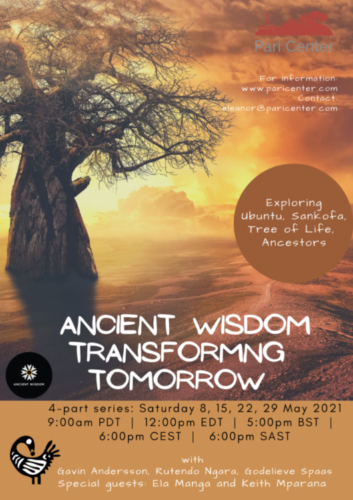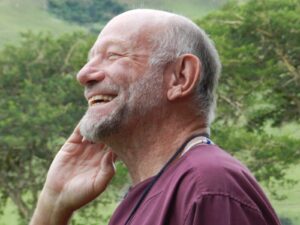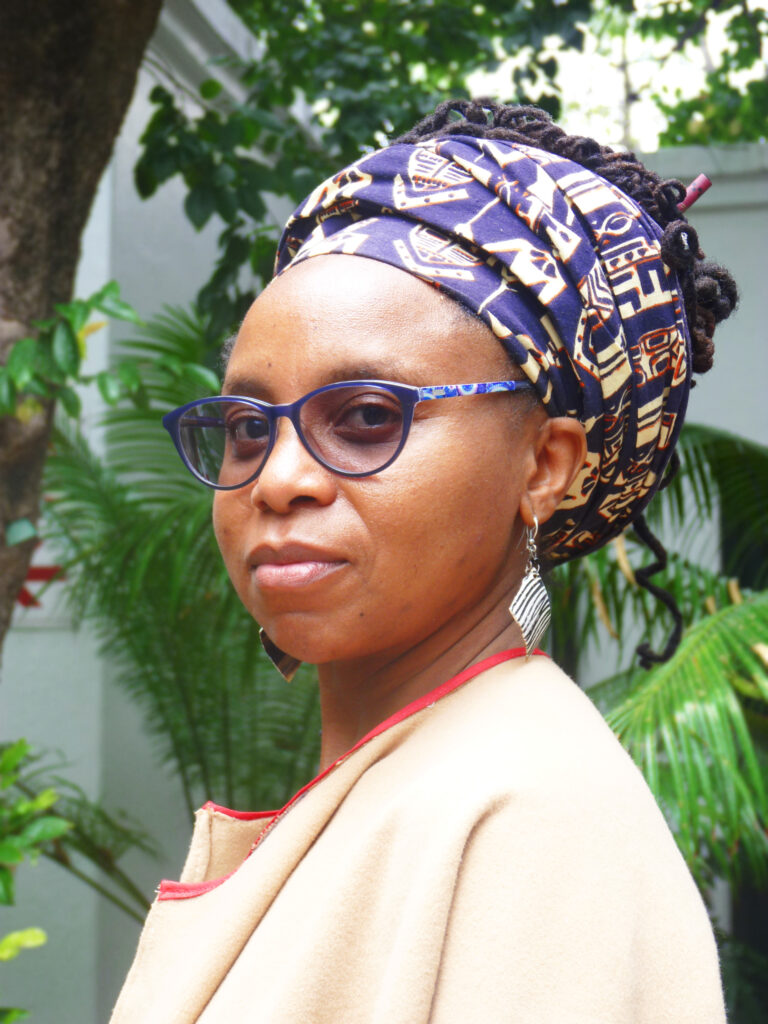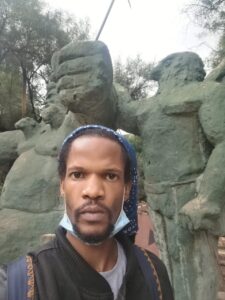Your cart is currently empty!

Ancient Wisdom Transforming Tomorrow
- This event has passed.
May 8, 2021 @ 5:59 pm – 8:30 pm CEST

Ancient Wisdom Transforming Tomorrow
4-part series: Saturday May 8, 15, 22, 29
9:00am PDT | 12:00pm EDT | 5:00pm BST | 6:00pm CEST | 6:00pm SAST
Each session is 2.5 hours
with Gavin Andersson, Rutendo Ngara and Godelieve Spaas
and special guests Ela Manga and Keith Mparana
This programme features meditation, drawing, music, stories, dialogues and experiences and is limited to 20 active participants.
We find ourselves in a world in crisis. While theories abound, to some humanity is at the edge of the apocalypse. We are at a time of reckoning, a time of turning. We are both actors and spectators in the time foretold by ancient prophecy.
There has been no greater symbol of this in recent history than the global health emergency due to Covid-19. As a consequence of the virus, borders have been closed, millions of sources of livelihood have been lost, systems have been stifled, economies have suffered, and all the ills of the world have been accentuated. At the peak of the pandemic, the world was stopped in its tracks and activity—as we knew it—and was locked down. Some point out that this may just be the first such pandemic, and that it is merely a harbinger of the crises to come with climate change.
At this watershed moment humanity is asked to re-think, re-imagine, re-define, re-act, re-store, re-generate and re-new.
Can the current Western economic thinking solve everything? What lessons can we learn from Ancient Wisdom?
This series of dialogues aims to bring to light concepts from African Indigenous Knowledge Systems as catalysts for reimagining how to approach issues in our current reality in an interrelated and unbounded way.
By enlarging the space, we can move beyond the existing dominant paradigms and rethink the fictions that shape the modern world. We explore four different Indigenous principles, allowing other ways of knowing to expand our ways of doing—our activity. We create a container for unbounded organising in a time of transition. We traverse the bridge between remembering and imagining and paint the world as we would wish it to become.
Each session addresses one principle:
Ubuntu (Southern Africa)
Ubuntu is the principle of interrelatedness, interconnectedness and interdependence. It asserts that: ‘A person is a person through other persons. I am because you are. You are because we are. We are because it is. It is because All that is is.’ This is the root of identity.
Sankofa (West Africa)
Sankofa tells us to ‘go back and fetch it.’ It is a concept of ‘historical recovery,’ moving us to reflect on and reclaim Indigenous cultural ideas and principles in order to advance towards a co-created future.
Kemetic Tree of Life (Ancient Egypt)
The Tree of Life tracks the process of creation from the Void to All That Is. It is a cosmological principle describing the ancient wisdom about the nature of the cosmos: from the unmanifest to the manifest, the infinite to finite.
Ancestors (throughout)
African spirituality holds that there is no separation between the living, those who have walked before and those who are to come. Death is a complementary of life and the beginning of the communication between the visible and the invisible worlds.
How do we look back to move forward, what new insights seek to emerge and what transformative activity fractals can we manifest?
Pre-reading
Gavin Andersson (2021) ‘Unbounded Organising’ Pari Perspectives, Issue 7, ‘The Common Good’

Gavin Andersson, PhD, is a development practitioner and activity theorist whose life work has focused on strengthening community organisation, and leadership development within civil society.
Gavin was founder and co-ordinator of CORDE, which worked with farmer groups and community enterprises in Botswana. He later consulted in organisational development across southern Africa and in the Caribbean. Returning to South Africa at the inception of democracy he led a development advocacy organization and worked in the fields of corporate social responsibility, civil accountability, and leadership development. Gavin has helped to develop methodologies for citizen-based monitoring of government programmes.
Gavin is an executive coach, senior fellow of the Chair for Social Change at the University of Johannesburg and was a distinguished fellow of the Chair in Development Education housed at the University of South Africa UNISA. He is Adjunct Professor at the Graduate School of Business of the University of Cape Town where he hosts critical conversations on Macroeconomics, Ethics and Organizing. Gavin lives with three of his five children, is passionate about agroecology, and follows African spirituality.

Rutendo Ngara is an African Indigenous Knowledge Systems practitioner and transdisciplinary researcher whose professional interests have spanned from clinical engineering, healthcare technology management, socio-economic development, mathematics, leadership and fashion design; to the interface between science, culture, cosmology and paradigms of healing. With a passion for integrating art, science and spirituality towards healing of the Collective and restoration of the Whole, she is a spiritual coach, priestess and counsellor, who engages several modes of healing. She consults in workshop facilitation in areas such as leadership, personal development, health and wellness. Rutendo is a co-founder of Ancient Wisdom Africa, a forum that seeks to gather knowledges and voices of Ancient Wisdom and see how these can illuminate the present; as well as a member of the Assegaia Alliance—a cross-cultural and interdisciplinary group of experts dedicated to the protection of the Earth’s Sacred Natural Sites. She serves on a number of boards, advisory and convening committees, including the Credo Mutwa Foundation, the South African Wushu Federation, Earthrise Collective and Umphakatsi Peace Ecovillage. Rutendo is a practitioner of a number of physical disciplines, including Wushu/Kung Fu/Tai Ji for which she has represented South Africa as an international silver medallist. She holds a BSc in Electrical Engineering, an MSc in Medicine in Biomedical Engineering, and is pursuing a doctorate in Philosophy of Education. The quest for harmony, co- existence and complimentarity underpins her endeavours.

Godelieve Spaas is a professor of Sustainable Strategy and Innovation at Avans University of Applied Science in the Netherlands. She is a researcher and also creates and makes performances and podcasts about new ways of entrepreneurial organizing where ecology, society, and the economy all benefit from and interact seamlessly with each other. Her aim is to increase diversity in organizational and entrepreneurial models and realities with a view to the development of a fairer, more sustainable and robust entrepreneurial space. She combines art, science, entrepreneurial practices and indigenous knowledge.
Godelieve also creates new businesses that are collaborative, inclusive and work in harmony with nature. She is associate Director of the Pari Center and a regular guest in Pari, a place where she writes, participates in dialogues, and follows and gives courses.

Dr Ela Manga is an integrative medical doctor with an ancient vision for the future. Amongst the gifts she offers, she is a specialist in energy management, author and speaker who uses Breathwork as a tool for self-empowerment, healing and transformation. For those who have had the privilege of experiencing the transformative power of the breath under her facilitation, it was a source of inspiration and expiration. Last year she ran a podcast series called ‘Threads of Healing,’ where she expanded the notion of healing through different voices and wove it back together into a tapestry of beauty. Apart from her medical practice, she is the Founder of Breathwork Africa.

Keith Mparana is an avid student of African-based systems of knowledge that he translates into artwork through studying the thought processes that are depicted in ancient cosmologies.
